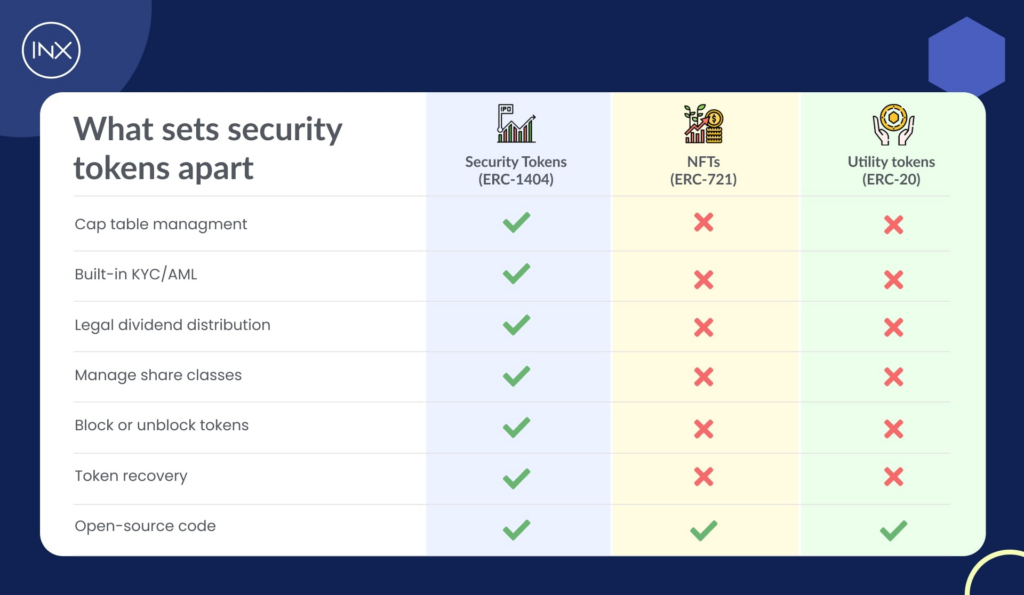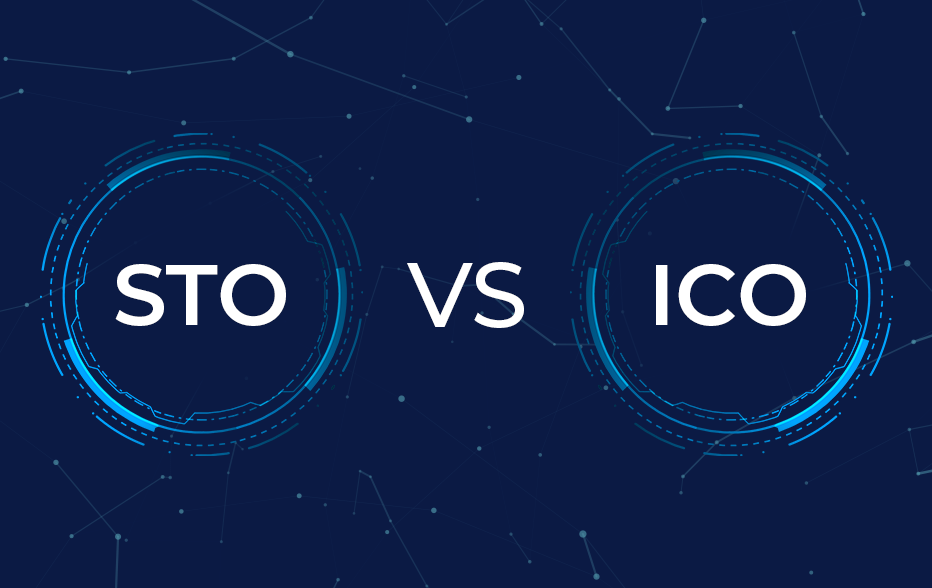Casper Labs Case Study: Why Web3 Startups Should Tokenize Their Equity

Welcome to the world of investing in Web3 startups – the innovative, decentralized frontier of the internet. Many of these startups, built on blockchain technology, often have their own native tokens. But did you know that tokenizing their equity could bring additional, substantial benefits? Even if they already have tokens, Web3 startups could enjoy significant advantages from tokenized equity.
What is Tokenized Equity?
Tokenized equity is essentially a digital representation of ownership shares in a company, created and managed on a blockchain network. Just like a physical or electronic share certificate, tokenized equity signifies ownership in a company. But unlike traditional shares, tokenized securities are expressed as digital tokens on a blockchain.
What sets tokenized equity apart is its inherent benefits that come from being part of a blockchain ecosystem. This includes advantages such as enhanced liquidity due to 24/7 markets, the ability for fractional ownership, greater accessibility to global investors, and increased transparency.

Bridging The Divide Between Utility Tokens and Equity
One of the most unique aspects of Web3 startups is their reliance on native tokens – digital assets that provide access to, and utility within, the platform’s ecosystem. However, these tokens often present a different kind of value proposition compared to a startup’s actual equity. By tokenizing their equity, Web3 startups can bridge this divide and offer a more comprehensive value proposition to their supporters and investors.
Utility tokens are essential for the functioning of a decentralized network. They can represent access rights to a particular service (like file storage or processing power), serve as a form of native currency within a platform, or even act as governance tokens allowing holders to vote on network decisions. Yet, despite their integral role, utility tokens do not and cannot provide any ownership rights in the company that issued them. They represent participation in a network, not a stake in the company’s future profits or success.
Equity, on the other hand, represents ownership in a company. It provides a claim on part of the company’s current assets and future earnings. Traditional equity investments can yield dividends, and equity holders can benefit from the company’s potential growth and success.
Case Study: Casper Labs and INX

Casper Labs is an enterprise blockchain software leader, pioneering solutions for businesses and governments. A participant in the IBM partner program, Casper Labs is committed to driving value through enterprise-grade technology. A base layer blockchain, Casper has its own native token, CSPR, which is used to pay ‘gas’ fees and run transactions on the network. Yet, despite having its own native token, the company saw the potential of tokenizing its equity and took the innovative step to do so through INX.
This strategic decision marks a significant milestone in the blockchain industry. With the INX platform, Casper Labs has opened a gateway for global investors, extending beyond its native tokens to its very shares, thus broadening the landscape for potential stakeholders.
Equity tokenization is poised to bring substantial benefits to various parties involved with Casper Labs. For one, it offers an accelerated liquidity pathway to its employees who hold stock. By listing their tokenized equity on INX, Casper Labs is effectively fast-tracking an ‘exit’ event, facilitating an earlier-than-usual liquidity realization for these stockholders.
But perhaps the most impactful outcome of this strategy is the opportunity it provides to the larger Casper Labs community. The ability to acquire legitimate equity stakes extends to them, offering an avenue to benefit from the company’s successes and developments. This move not only financially incentivizes the community but further aligns their interests with the company they are already supporting, ultimately fostering a stronger sense of community ownership and commitment.
The Future is Tokenized
Tokenization of equity marks a transformative change in how we approach investment, liquidity, and community engagement in the realm of Web3 startups. The case of Casper Labs and INX underscores this revolution, offering a glimpse into a future where stakeholders at all levels can access increased financial flexibility and potential returns. As we continue to navigate this decentralized frontier, the fusion of native tokens with tokenized equity provides an innovative path that is not only compliant with regulations but also champions broader investor inclusion and participation. The future is here, and it appears to be tokenized.
David Azaraf July 27, 2023
Crypto enthusiast, help businesses plug into the token economy





